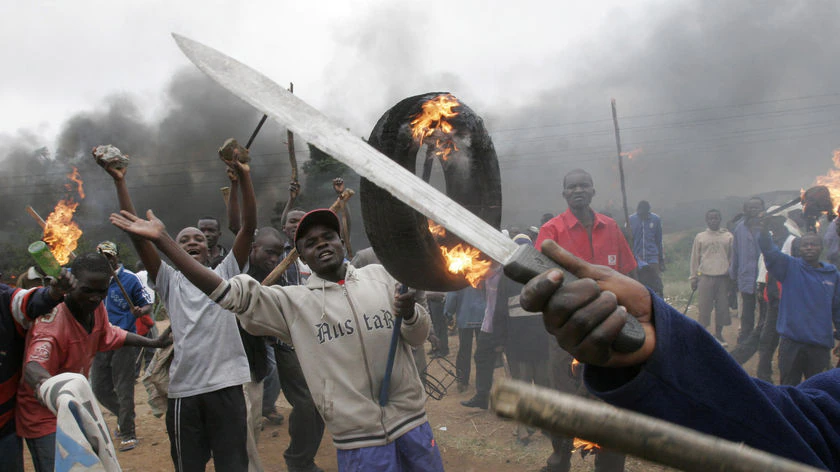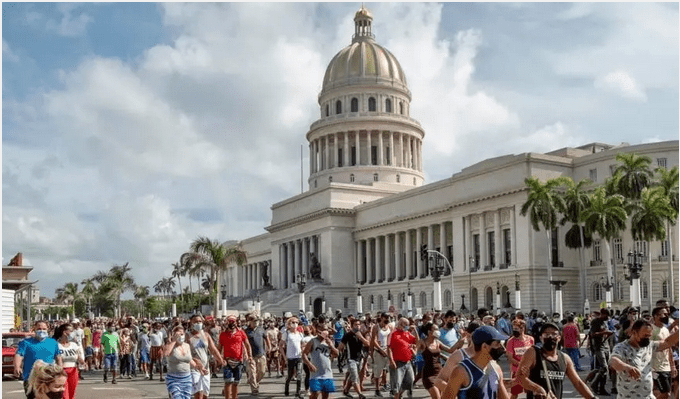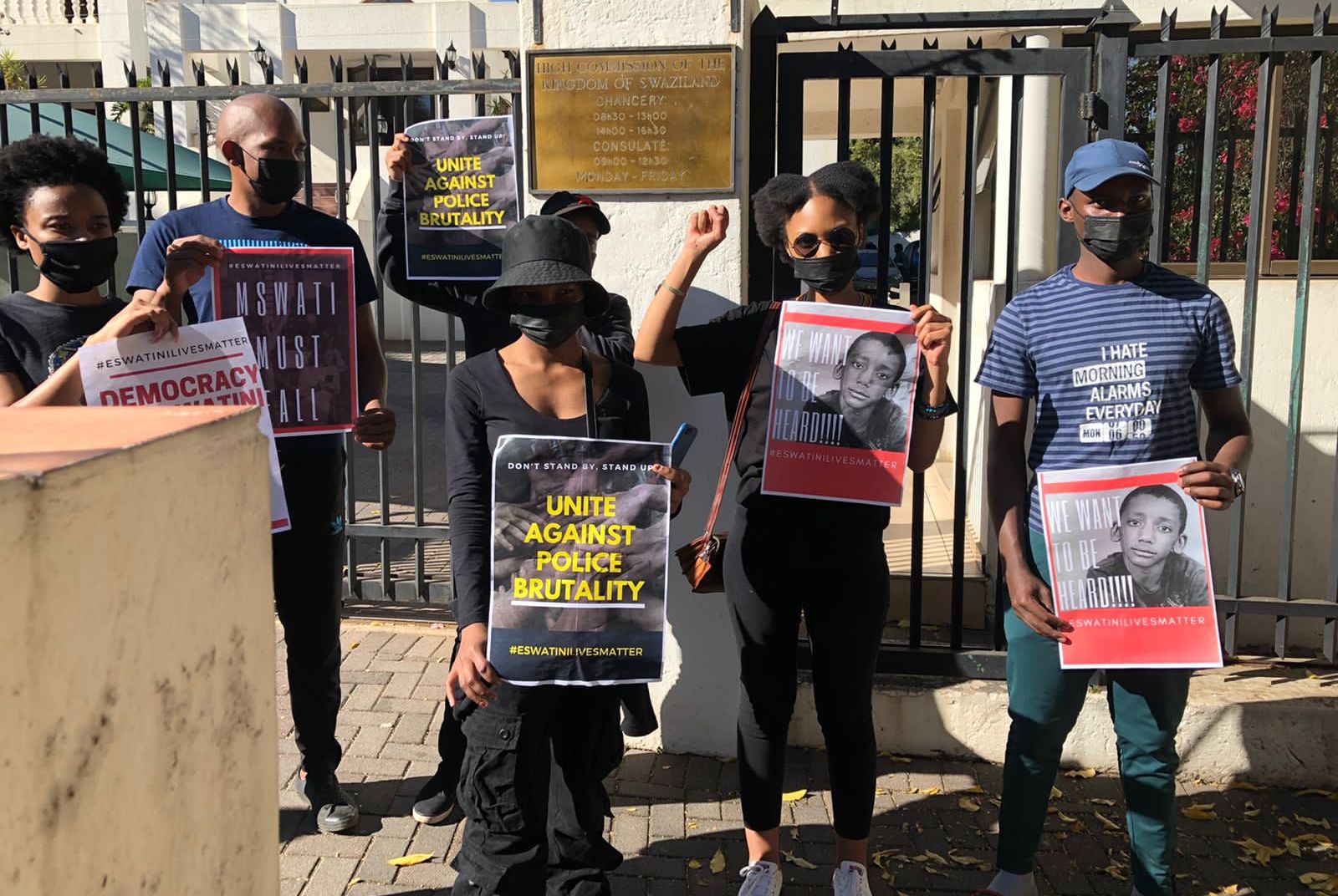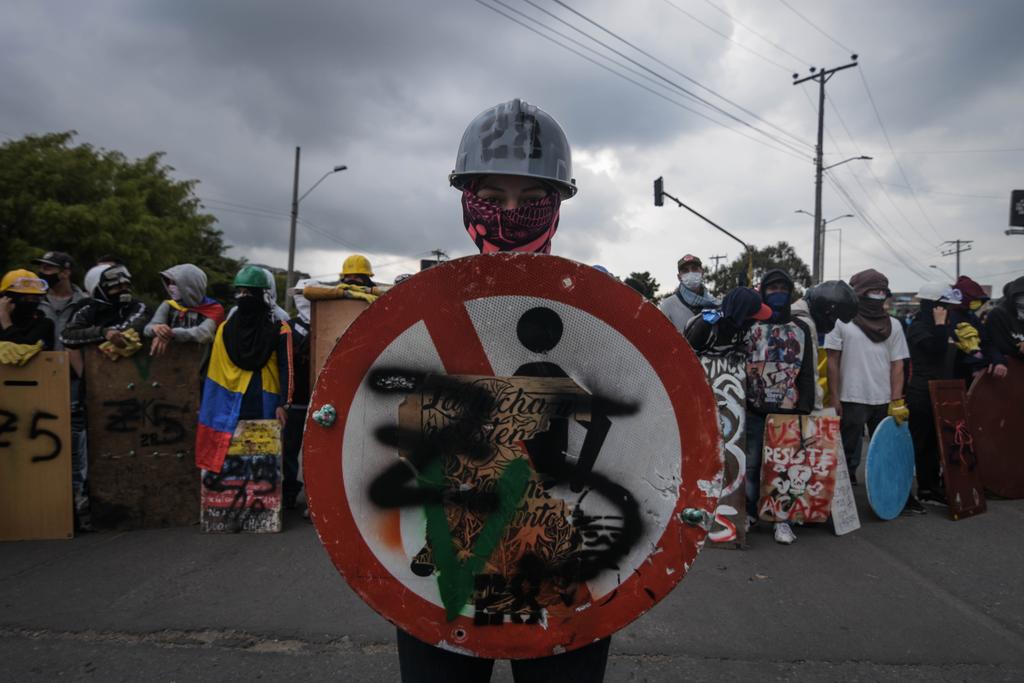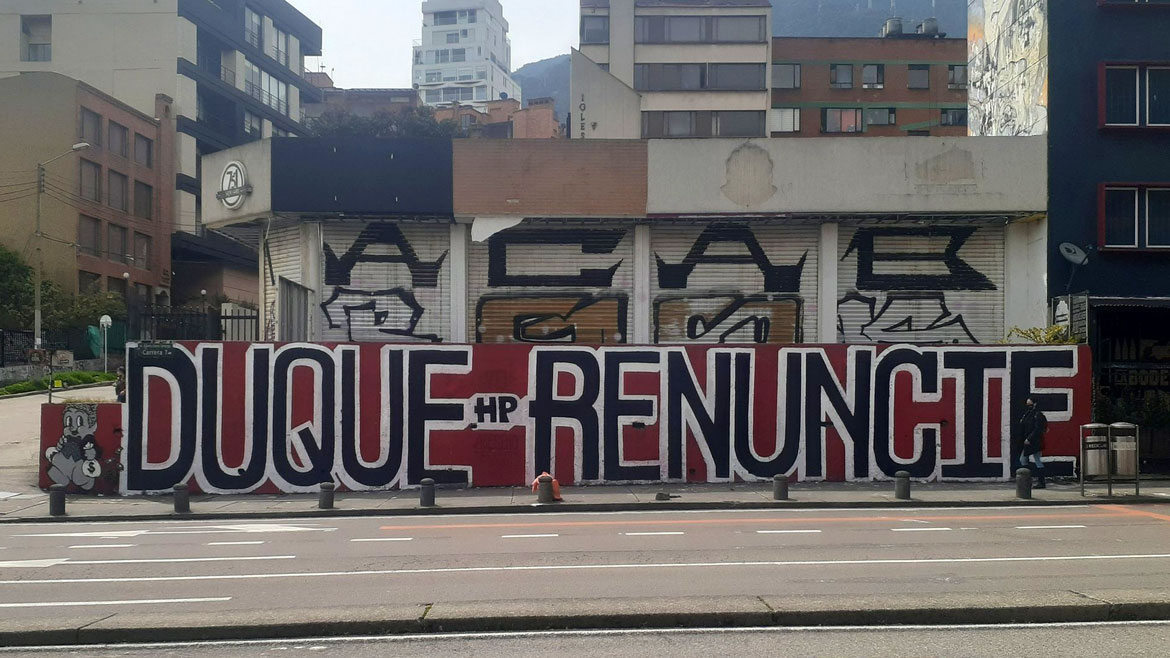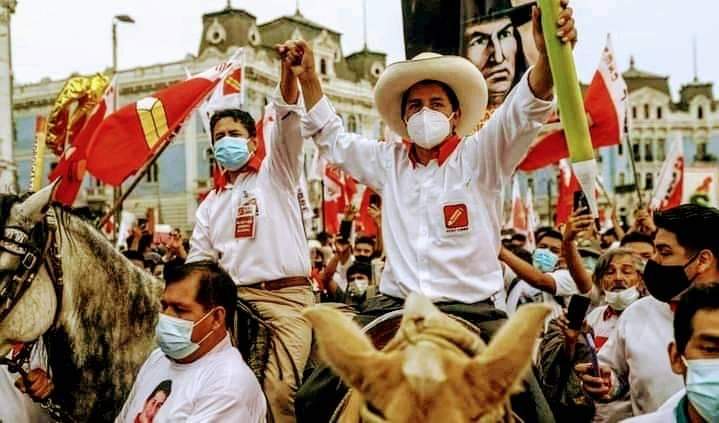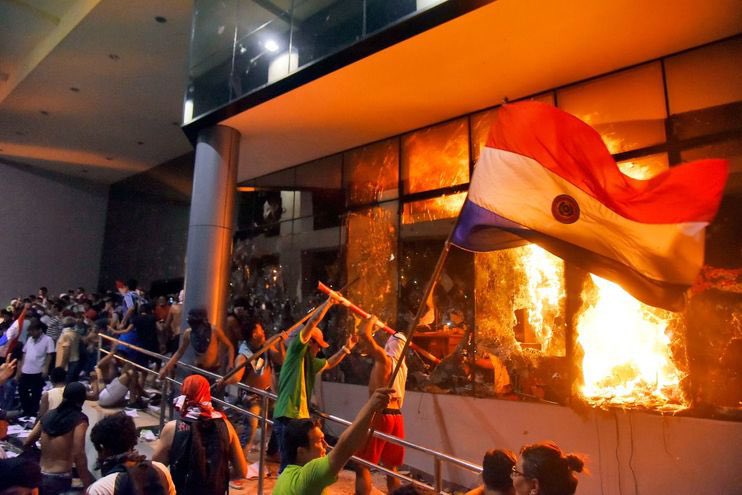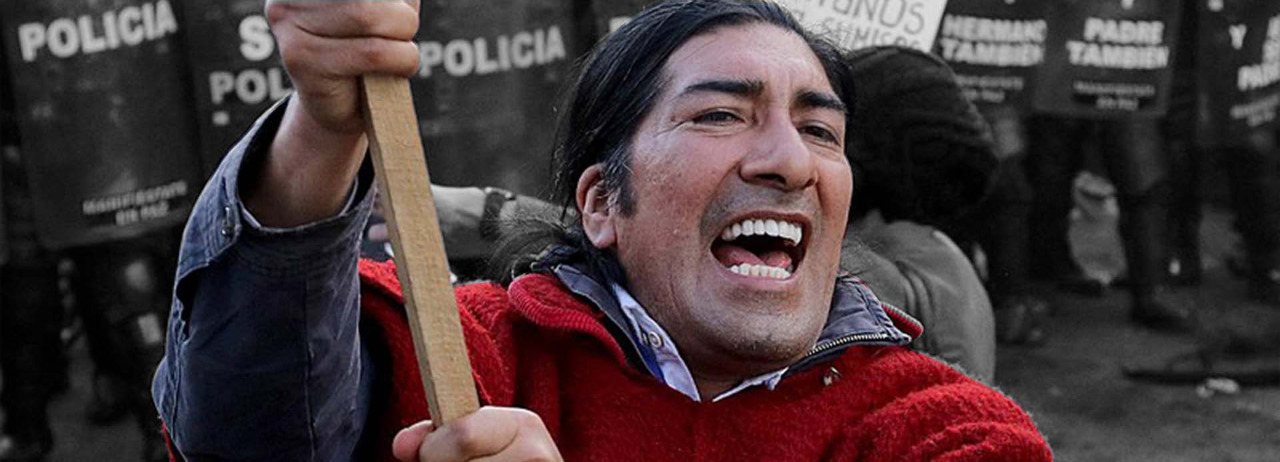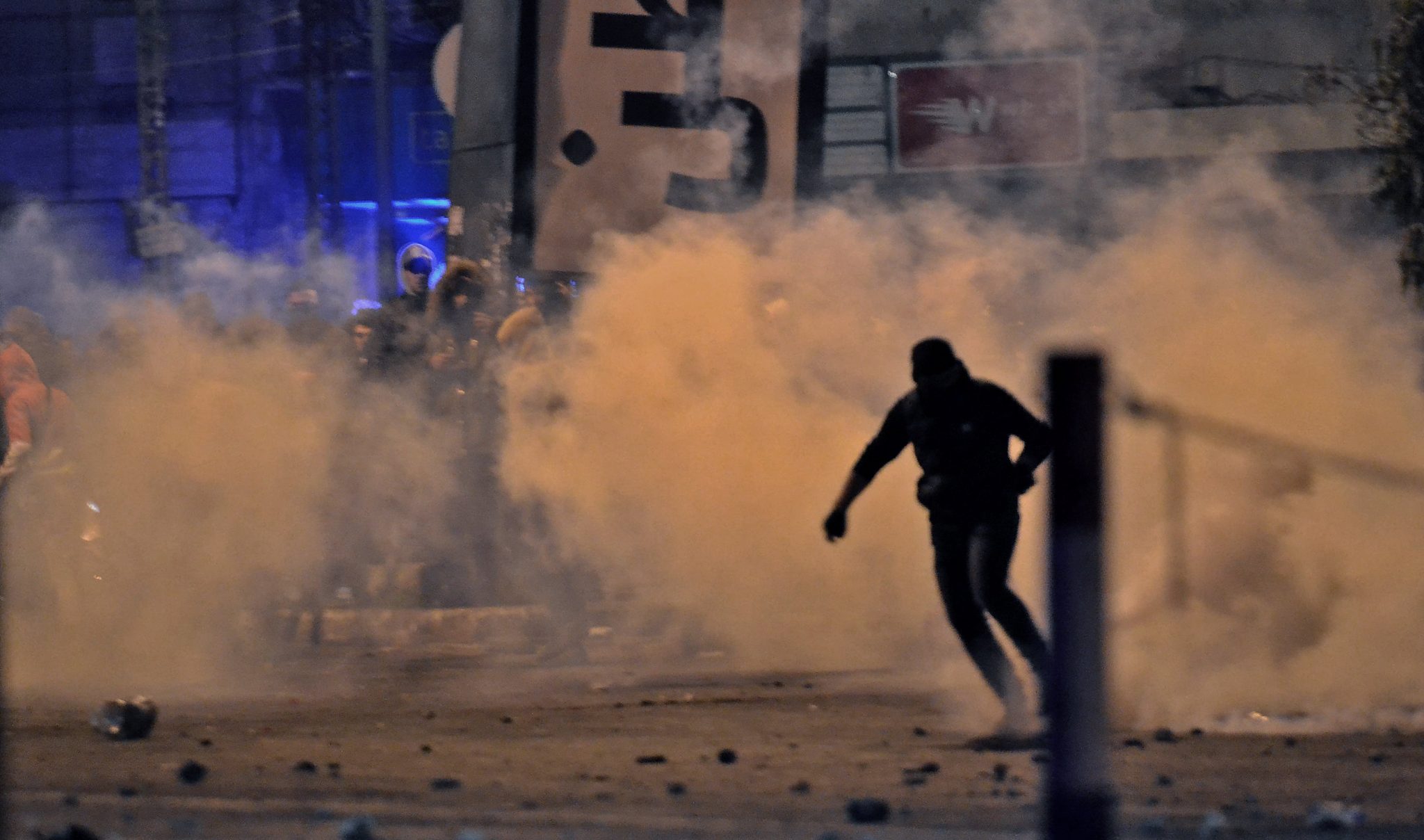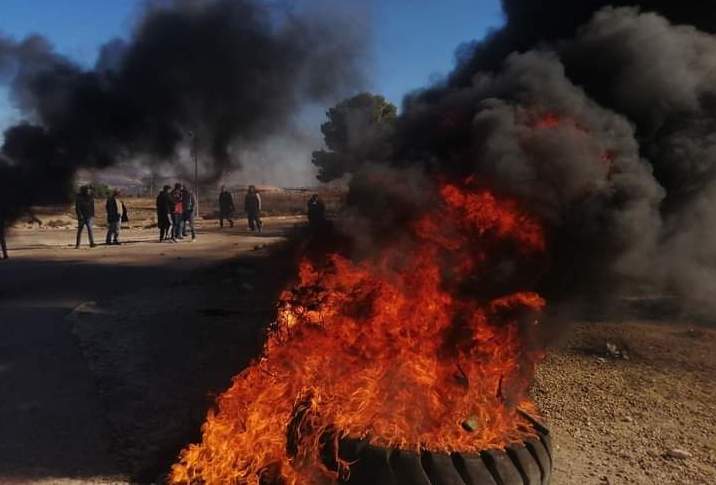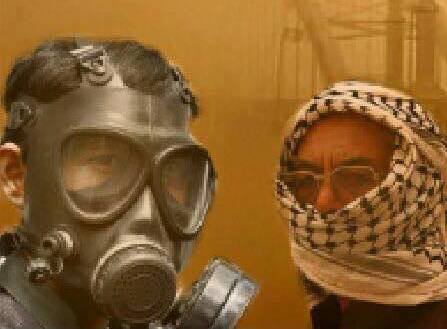
Podcast: climate change and the global struggle
In Episode 81 of the CounterVortex podcast, Bill Weinberg takes stock of the fast-mounting manifestations of devastating climate destabilization—from Oregon to Siberia, from Germany to Henan. In Angola, traditional pastoralists are joining the ranks of “climate refugees” as their communal lands are stricken by drought. In Iran’s restive and rapidly aridifying Ahwazi region, protests over access to water have turned deadly. These grim developments offer a foreboding of North America’s imminent future. Yet media commentators continue to equivocate, asking whether these events are “linked to” or “caused by” climate change—rather than recognizing that they are climate change. And the opportunity for a crash conversion from fossil fuels that was posed by last year’s pandemic-induced economic paralysis, when already depressed oil prices actually went negative, is now being squandered. Oil prices are again rising, with the return to pre-pandemic dystopian “normality.” Listen on SoundCloud or via Patreon. (Photo of Ahwazi protesters in Iran: Ahwazna)



